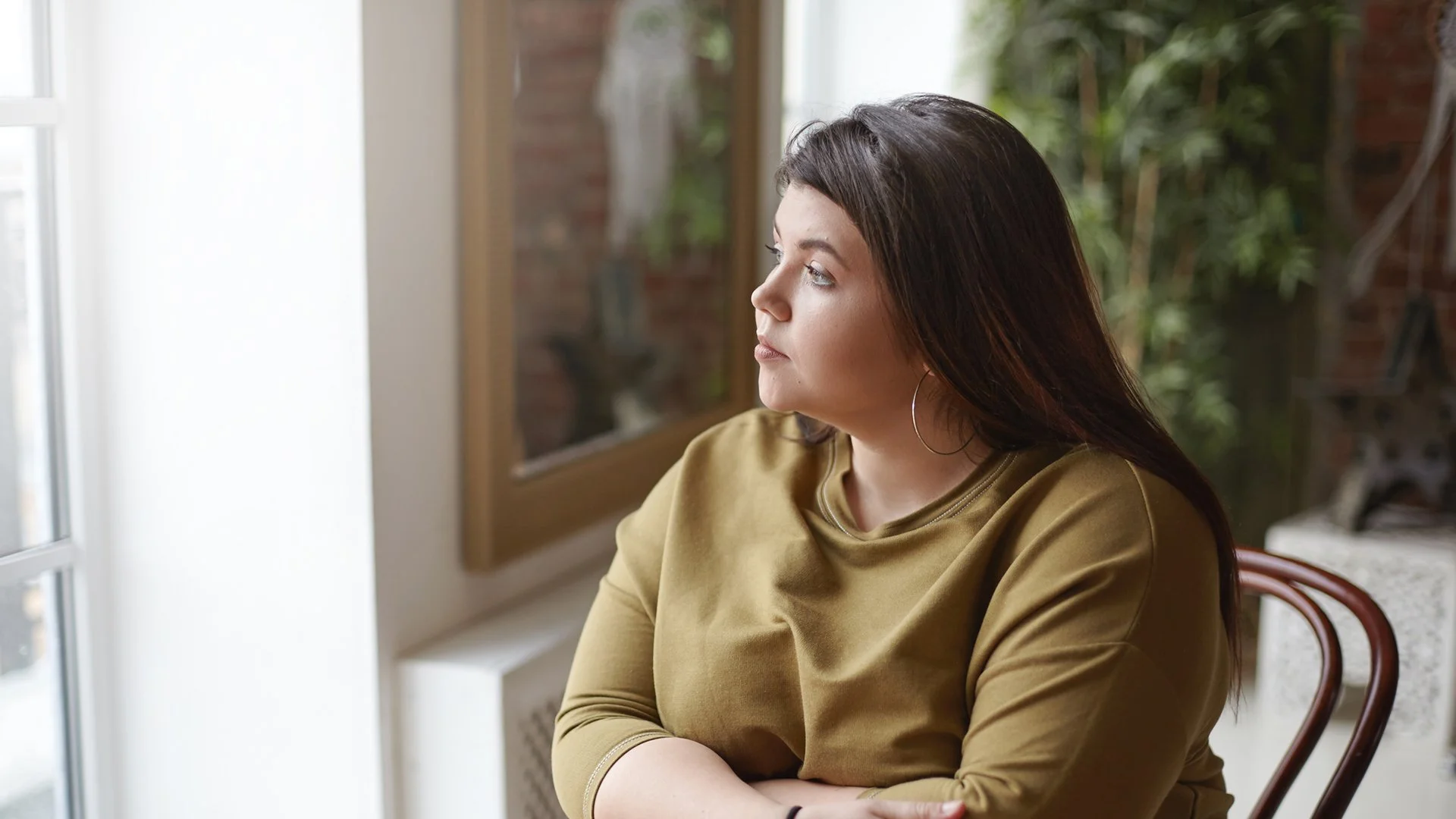by Kim Merrikin
Mother’s Day is complicated for many people.
It can bring up the full spectrum of emotions when we think about our relationships with our own mothers and families of origin, and our relationship to motherhood—whether we are mothers, or we want to be one. There can be grief, joy, anger, gratitude, sorrow, regret, happiness—and every other emotion—when we think of our mothers, children, or desire for children.
Mother’s Day can be uniquely challenging for victims and survivors of sex trafficking and the sex trade.
Most survivors come from families of origin that experienced vulnerabilities including poverty, marginalization, addiction, mental health struggles, and/or abuse. In some cases, it may be a parent, even a mother, who is the first trafficker or exploiter.
For some survivors who are mothers, there may be a history with their own children that brings shame, sorrow, or frustration, and those feelings can surface more acutely around Mother’s Day.
Some have lost their children before giving birth—international studies from Guatemala, Bangladesh, Canada and China demonstrate that the risk of miscarriage increases for women experiencing intimate partner violence and/or extreme poverty. With both intimate partner violence and extreme poverty, the likelihood of terminating a pregnancy as a means of survival increases too. At REST, we’ve heard countless stories that align with these studies from survivors who have experienced miscarriages, who have terminated pregnancies, and who have had pregnancies terminated without their consent.
Some have willingly given up children, believing that they’ll never be able to adequately provide for their needs—whether material or emotional. Even when giving up a child is done willingly, it can come with feelings of inadequacy, regret, and sorrow.
Some survivor mothers tried to care for their children but lost them through child welfare services, often due to the same barriers that are keeping them trapped in the life—extreme poverty causing a lack of basic needs like housing and food, domestic violence, complex trauma, and the mental health and addiction issues it often causes. Once a child has been removed by child welfare services, reunification can be a long and arduous process.
Yet, every day at REST we hear stories of people who have persevered through the complexities and challenges—forgiving and reconciling with mothers, being reunified with children, and doing the hard and ongoing work of restoring relationships with families—and themselves—to move forward toward healing.
Wendy Hynd, a mother, daughter, survivor, author, and REST staff member shared her complicated relationship with Mother’s Day:
“I can’t necessarily speak for other survivors, all of them don’t have the complex relationship with my mom. My mom taught me everything not to be… I had to forgive my mom. She was a huge part of me growing—I had to let go of that anger and that hatred.
Mother’s Day in the life—in the active life—it’s hard. I know it was hard for me—I can’t speak for everyone. For me, when I was still actively in the life, I had a lot of guilt, so Mother’s Day was a reminder that I wasn’t a good mom at that point. It was just another reminder that I was not being the best me that I could be, for my kid. And the closer I got to thinking I was my mom—I had to break that curse. There was a generational curse going on there, and I had to reverse the brokenness before I became what I hated the most.
So Mother’s Day is kind of a toss-up. I actually mourn the mother that I never had on Mother’s Day, but then I have this beautiful little human that looks and acts just like me that I celebrate with. So it’s another double-edged sword there because I’m angry that I didn’t have that parent like me. I don’t understand how anyone can have a child and not love them with every fiber of their being, because I look at that little girl and my heart explodes—so I don’t understand how someone can have a child and not love them with everything in them.
For me, now, Mother’s Day is an amazing day—where I get pancakes that are cooked with too much eggs… but you know, now Mother’s Days are great!”
At REST, we approach Mother’s Day with gentleness and grace, space to deeply feel and experience the full breadth of emotions associated with motherhood. There is space to grieve and space to celebrate. Space for mourning and anger, and space for joy and happiness.
Space to know that you, your mothers, and your children, know that they deserve to be loved, and they deserve a life free from exploitation.

